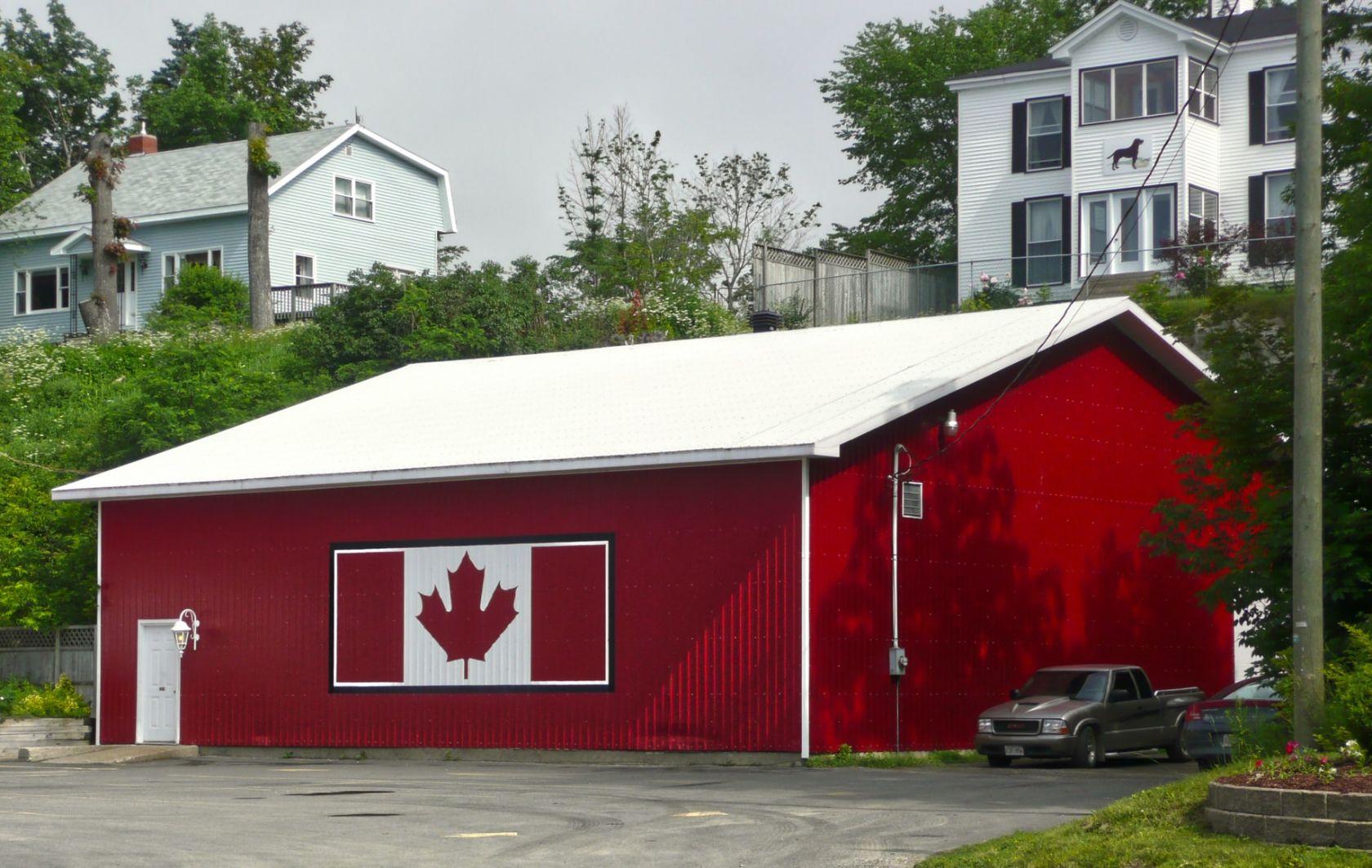Bernadette Fernandez, a Portuguese businessman, urges the Portuguese to move to the province of New Brunswick, in eastern Canada, so that the community can “grow”.
“There is neither population nor talent in this province. In particular, there are gaps in digital skills, production and construction and a lack of commercial staff in the forestry sector, ”said the 57-year-old businessman at Agência Lusa de Notícias.
The business consultant, born in Paris, France, was elected chair of the New Brunswick Association of Business People’s Immigrant Committee earlier this month.
Bernadette Fernandez, who lives in the coastal city of Saint-Jean, explained that the immigration process is federal, but that the choice of candidates for immigration is “different from that of other Canadian provinces like Ontario” .
The Brunswick government’s new data plan indicates that approximately 120,000 jobs will go unfilled over the next 10 years. The low birth rate, the increase in the number of seniors and the migration rate of young people have created a shortage of skilled labor in the province.
In an attempt to solve this problem, the provincial government plans to open an office in Europe and India that will attract 7,500 immigrants per year.
“It is one of the easiest provinces to immigrate. If the Portuguese want to come, they will be welcomed by the community, ”he stressed.
Bernadette Fernandez, a graduate of St. Thomas University (Bachelor of Arts) in Fredericton, fluent in five languages, emigrated to Canada between 1963 and 1975 at the age of two, returning to Portugal between 1973 and 1975.
In everyday life in New Brunswick, the businesswoman describes it as “very peaceful, with freezing winter temperatures and snow, but not as severe as in other parts of Canada,” “area uninhabited, forest, national parks, beaches “, for outdoor activities all-season activities Assembly area.
New Brunswick and Portugal have similarities as they are jurisdictional sectors derived from the sea, such as maritime areas, “shipbuilding, fishing and aquaculture”.
One of the main difficulties in this region is access to Portuguese products, which would be “easier if the community were large” and “more involved in terms of business”.
“We don’t have any associations, cafes, bars or restaurants. Portuguese products must arrive by car within 10 hours from Montreal. Pastel ribbon is difficult to find in New Brunswick. They are hard to find in any Atlantic province, ”he lamented.
The businesswoman estimates that there are less than 100 descendants of Portuguese and Portuguese in the region, a community “already large in the 1970s, in a small environment where almost everyone knew each other”.
While Portuguese immigration to this province is on the decline, other Portuguese-speaking communities, such as Brazilians, have increased significantly.
“The Portuguese-speaking community is growing thanks to the integration with the Brazilians. It is a factor of solidarity where we will unite more for a community ”, he underlined.
Although the Portuguese of New Brunswick are “more workers or retired”, a different development from that of Toronto, Bernadette Fernandez hopes “to support newcomers in their integration into Canadian society” via the local association of expatriate companies.
New Brunswick is one of four Atlantic provinces on the east coast of Canada, bilingual (English and French) and has a population of approximately 750,000.
According to the 2016 Canadian census, Canada has 483,610 descendants of Portuguese and Portuguese, or 1.4% of the country’s population.
The majority were in Ontario (69%), Quebec (14%) and British Columbia (8%).

“Evil alcohol lover. Twitter junkie. Future teen idol. Reader. Food aficionado. Introvert. Coffee evangelist. Typical bacon enthusiast.”
